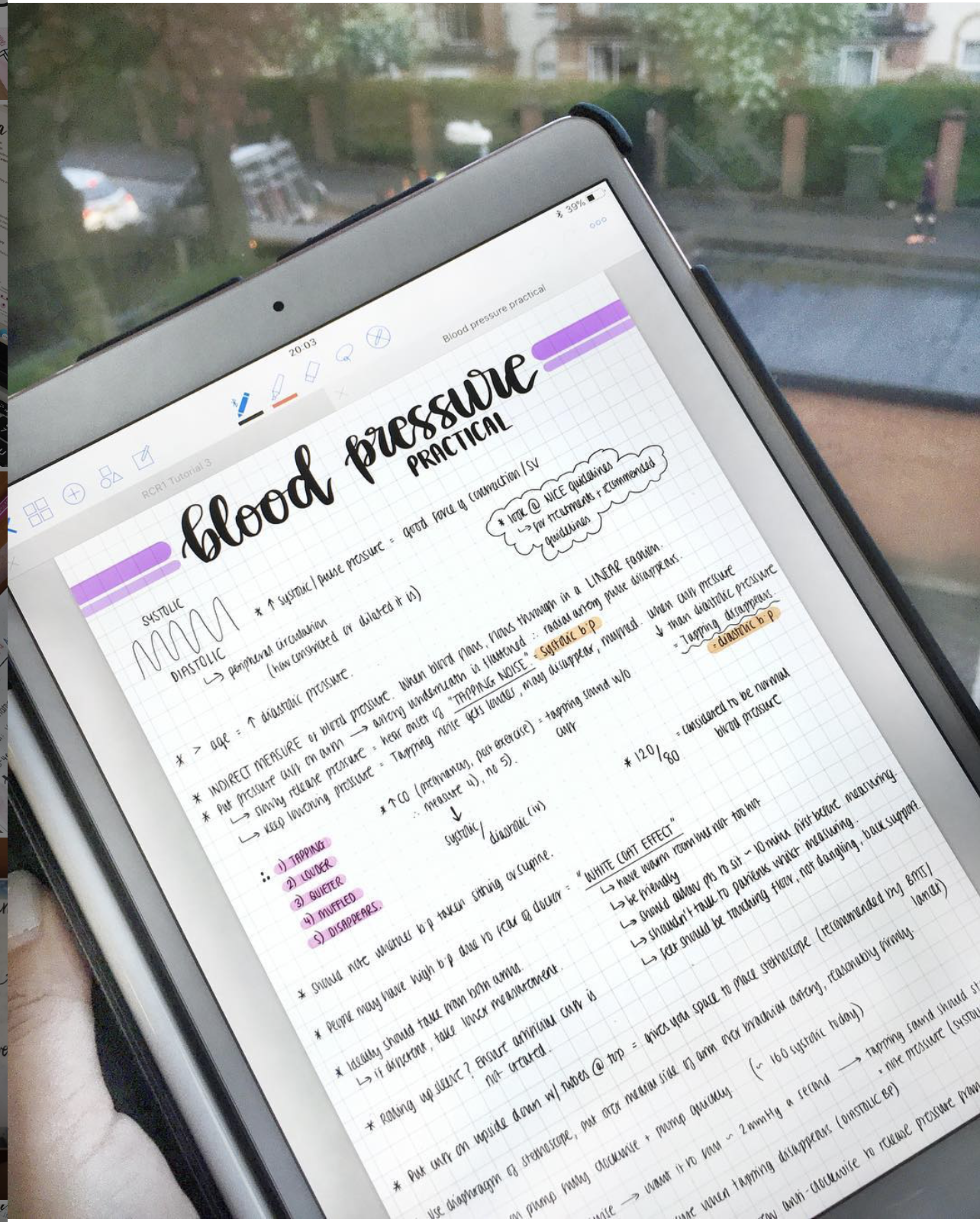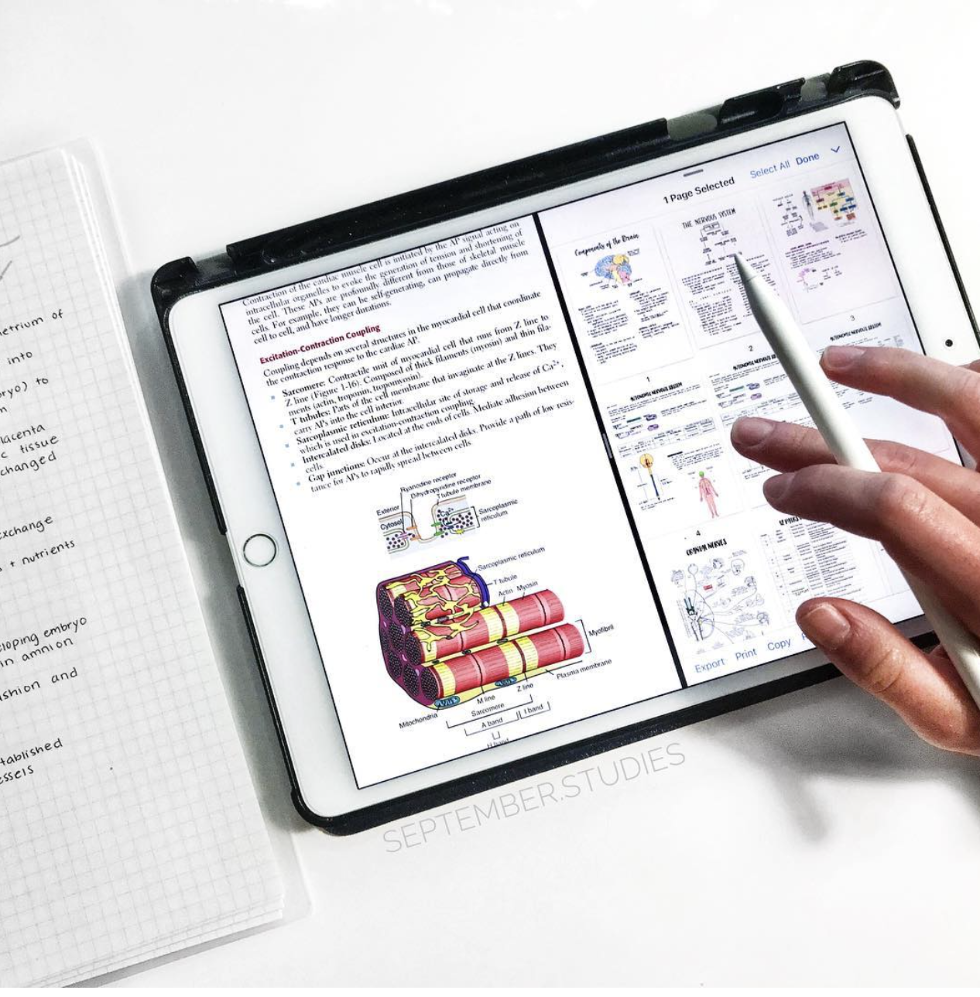9 Study Tips To Help You Succeed This Semester
We could all use a little help.
Unfortunately, the time is here. It is officially the spring semester, and you know what that means: lots and lots of studying. If you are in the same situation I am, then you are probably doing your 3rd semester of online/hybrid school. Not being at school or not attending classes in person definitely makes learning and studying a lot harder. Because I know this struggle all too well, I put together a list of study tips to hopefully help us all succeed a little more this semester.
1. Alternate study locations.
While you might have a favorite study spot, changing locations has actually been proven to increase memory. So switch it up every now and then, it definitely won't hurt!
2. Use flashcards.
Flashcards might seem elementary, but they have actually shown to be very helpful in memorization. They also help you to declutter your notes and pick out what is actually important.
3. Take breaks frequently.
We all love to cram, but cramming for long hours before an exam is going to do little to help you. The best thing to do is to take a small break, maybe 10-15 minutes, every half hour or so. This will help your brain soak in the information and give it time to rest as well.
4. Figure out your learning style.
There are currently seven different learning styles, and figuring out which one you like best could easily boost how well you do on exams. For example, if you are an auditory learner, you would probably do better listening to an audio textbook rather than reading it yourself. When you know your learning style you can make sure your study habits are actually beneficial.
5. Put your phone away.
Our phones are one of the biggest distractions in our lives. That's why when you are studying, you should leave it off and tucked away somewhere you can't see it so that your total focus is on what you are studying rather than the phone.
6. Chew gum.
There have been many studies that link chewing gum while studying to improved concentration and memorization. It has also been shown that chewing the same gum that you did while studying when you take the exam can help you recall the information you were studying.
7. Paraphrase after reading.
Sometimes you find yourself having to reread passages from your textbook because you can't recall what you just read. A way to fix this could be to paraphrase each section in your notebook after reading it. This will not only help you remember what your reading, but will also help you to find the main points of each section.
8. Teach others.
An easy way to tell if you fully understand a topic is to teach it to someone else. Doing this will help you because it will allow you to find holes in your knowledge and it can show you just how well you know the subject based on how much you have to think while teaching it.
9. Master note-taking.
If you are someone like me, you probably try to write down everything the teacher says and anything they write on the board. While this seems like the right way to take notes, it is most definitely not.
Instead, try picking up on main ideas based on headings/subtitles and shortening how much you write about every topic. Your notes should be easy to find information in; you shouldn't have to search very hard for specific things.



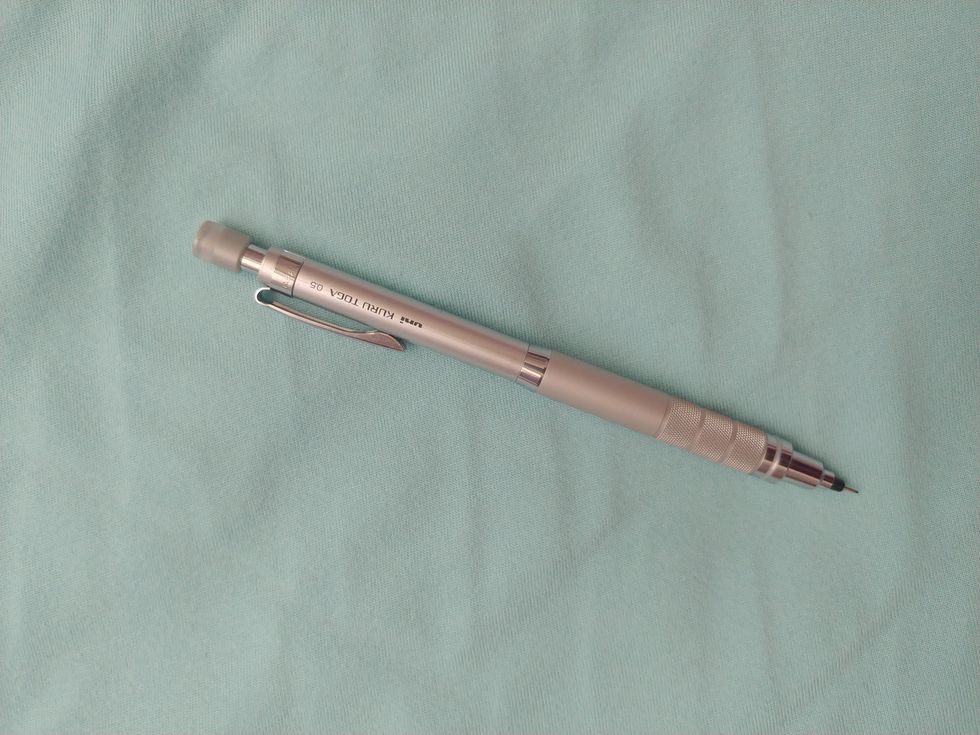

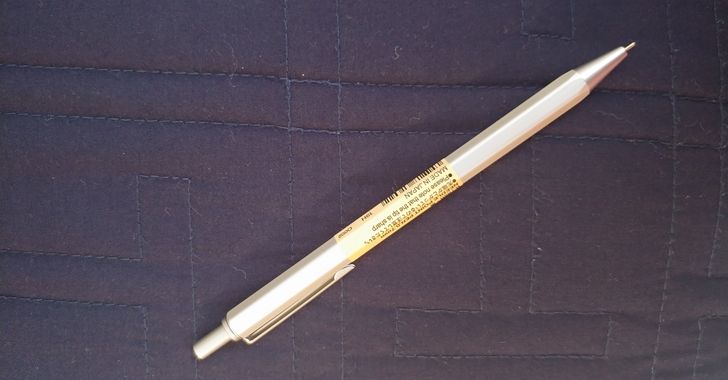


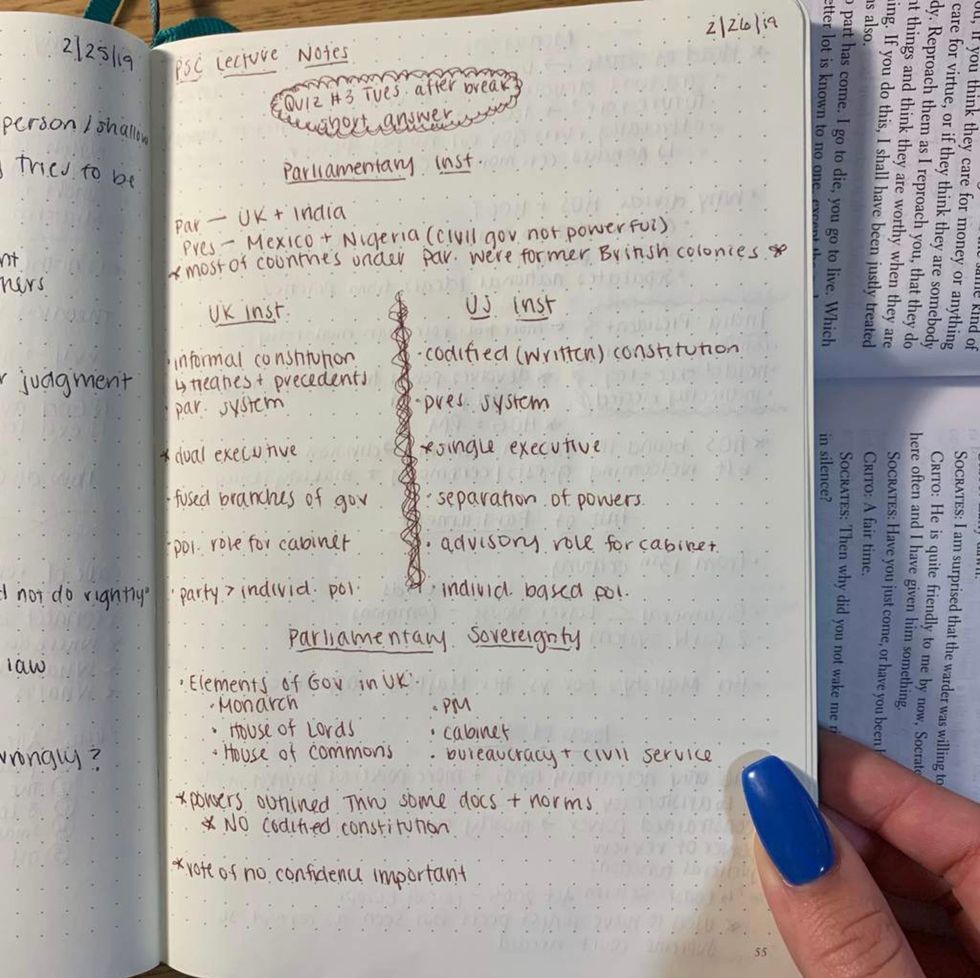 Sarah Fetter
Sarah Fetter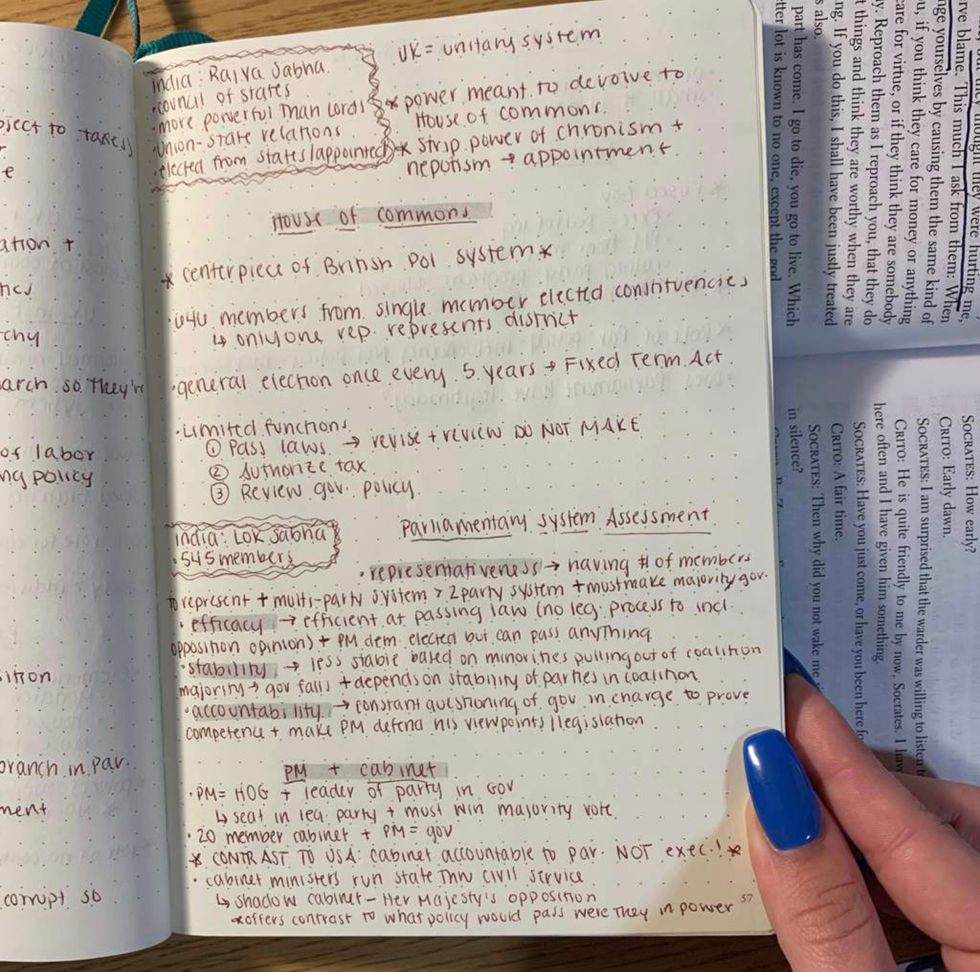 Sarah Fetter
Sarah Fetter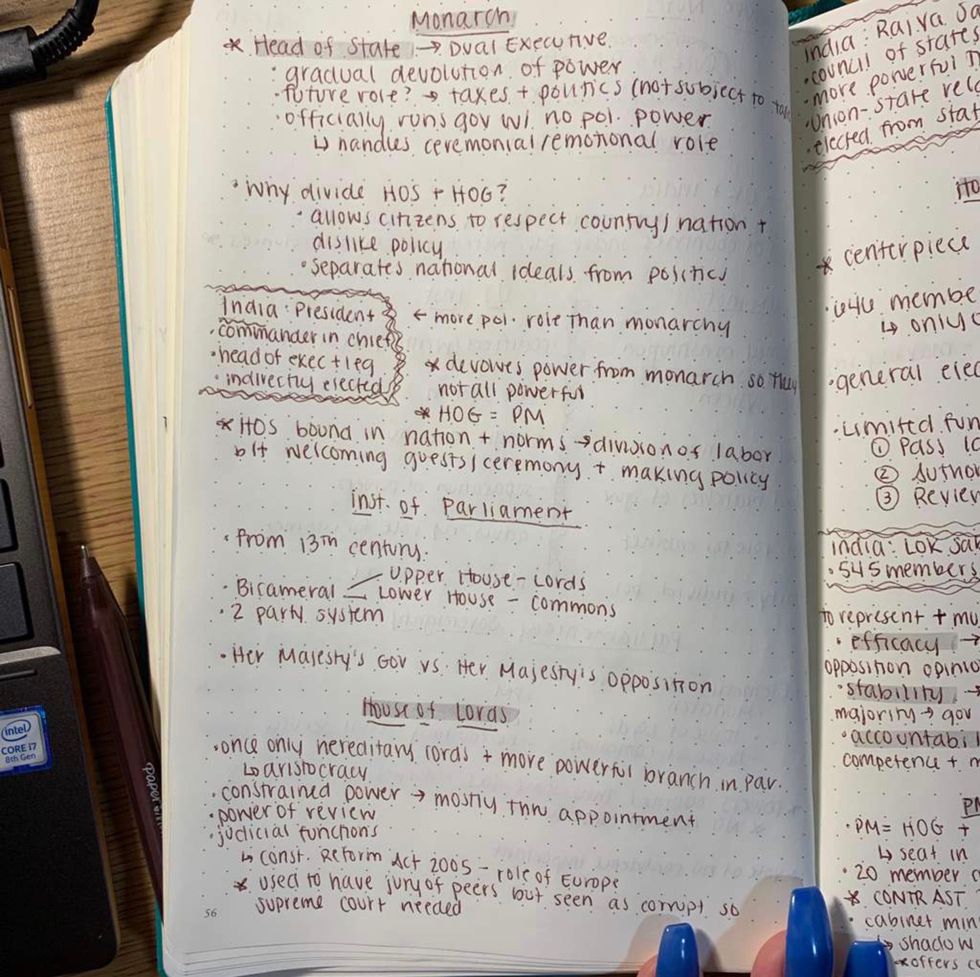 Sometimes it helps to make quick mind maps to link ideas and info together. It helps to visualize, too, for tests! Sarah Fetter
Sometimes it helps to make quick mind maps to link ideas and info together. It helps to visualize, too, for tests! Sarah Fetter

